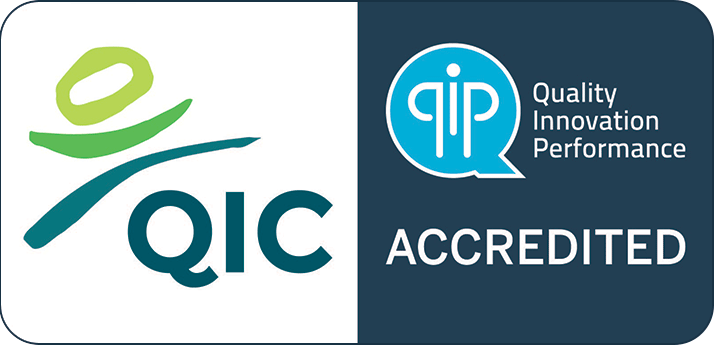I can’t do this. Nobody likes me. Something bad is going to happen.
These are reoccurring themes among clients engaged with Reconnect, an early intervention outreach service for young people with emerging mental health concerns whose housing is at risk.
Mental Health Worker Tasha Palumbo says negative body image, emotional withdrawal, academic anxiety and sleep disturbances are other common challenges.
Then there are the pressures wrought by volatile friendships and complex family trauma including relationship breakdown and domestic violence, key drivers of youth homelessness.
“Young people are often reluctant to burden their friends with their issues so they keep them to themselves,’’ Tasha said.
Reconnect works therapeutically with clients aged 12 to 18 years for up to six months. Interventions include counselling, family work and referral to other services.
On the last day of National Child Protection Week, Tasha is urging families to play their part in nurturing a positive mindset by checking in with young people regularly and connecting with them through their favourite activities.
“Show an interest in what interests them,’’ she said.
“Encourage young people to focus on the things that are in their control and let go of what’s not, such as other people’s opinions and actions.
“Show understanding and compassion, and normalise talking about mental health and daily challenges.’’
Milica Miocinovic (pictured), a Youth Support Worker with Thrive, said anxiety about the future was front of mind for many young people engaged with the service, which is based at headspace Port Adelaide.
“They are uncertain about what they can or should pursue and this is due to a combination of factors, mainly self-esteem and the realisation that many things are out of their control due to the pandemic, and not knowing how to overcome that,’’ Milica said.
“Teaching them how to adapt, rationalise, and regulate their emotions are all really useful strategies that will promote better functioning during these times of great uncertainty.’’
Above all, take young people seriously, said Milica, noting the continuing impact of COVID-19.
“We should appreciate the added layer of complexity that comes with being a young person. That is, the difficulty of forming an identity, being independent, self-assured, and having confidence in oneself,’’ she said.
“These can be challenging for young people even outside of a pandemic let alone now.
“Taking young people seriously is another important one: providing them with a safe, judgment-free space where they can speak for themselves and be heard is integral for promoting good mental health.’’







